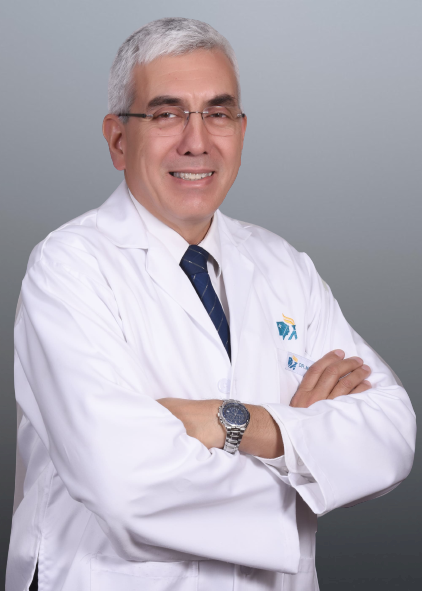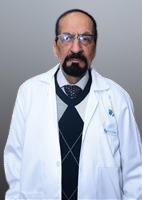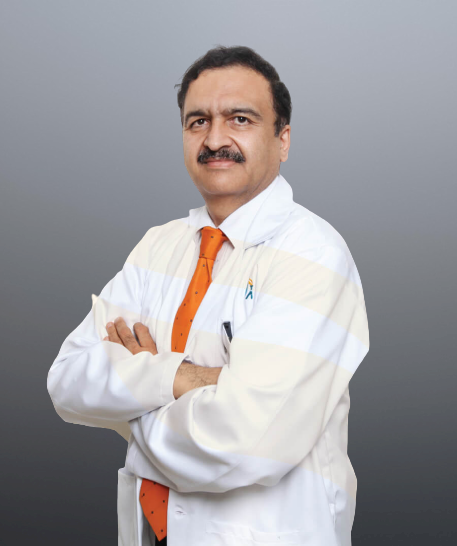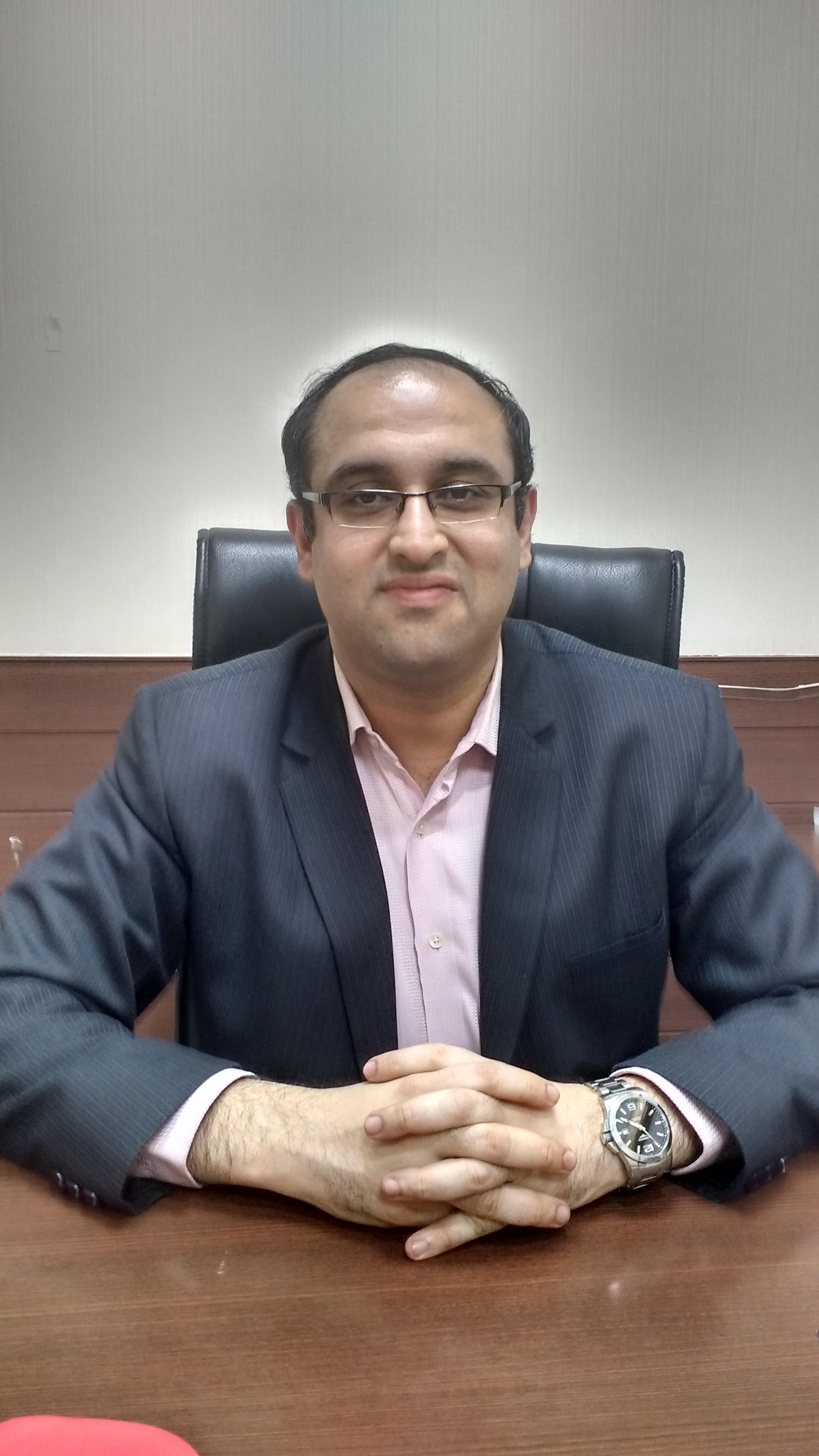Types/Stages of Tourette Syndrome
The presentation of Tourette syndrome varies significantly across individuals, with no distinct stages or types to categorise. However, the severity and frequency of tics usually peak during early adolescence and lessen with age. There are two types of tics—motor and vocal.
Motor tics: These are movements of the body, like blinking, shrugging the shoulders, or jerking an arm.
Vocal tics: These are sounds that a person makes with his or her voice, which include humming, clearing the throat, or yelling out a word or phrase.
Symptoms of Tourette Syndrome
Tourette Syndrome manifests through a spectrum of symptoms:
-
Motor tics are sudden, involuntary movements like blinking, facial grimacing or head jerking.
-
Vocal tics involve making unexpected sounds or words; common examples include coughing, humming or shouting words.
-
Premonitory urges are when individuals may experience an uncomfortable sensation or urge in specific muscle groups before the tic occurs.
-
Coprolalia is when some individuals may exhibit swearing or uttering socially inappropriate words as part of their tics.
Tests to Diagnose Tourette Syndrome
Diagnosing Tourette Syndrome involves an extensive review of medical history and careful observation of symptoms over time:
Medical History Evaluation: Detailed discussion about the onset, duration and type of tics noticed.
Neurological Examination: Tests to rule out other conditions causing similar symptoms.
Psychiatric Evaluation: To detect accompanying conditions such as Obsessive Compulsive Disorder (OCD) or Attention Deficit Hyperactivity Disorder (ADHD).
Observation of Tics: A prolonged observation period to note the frequency and type of motor and vocal tics.
Treatment or Surgery Options for Tourette Syndrome at Apollo Hospitals, Delhi
At Apollo Hospitals, Delhi, specialists for Tourette Syndrome treatment customise therapeutic interventions based on the patient’s needs:
-
Medications: Neuroleptics that block dopamine receptors have been found effective in managing tics. Also, medicines to treat accompanying ADHD or OCD symptoms may be prescribed.
-
Comprehensive Behavioural Intervention for Tics (CBIT): A form of behavioural therapy providing self-regulation strategies to manage tics.
-
Deep Brain Stimulation (DBS): In extreme cases, surgical implantation of electrodes in the brain is performed to stimulate specific areas, reducing tic severity.
-
Non-pharmacological Treatments: Options such as biofeedback, acupuncture and engaging in activities like reading or sports provide natural ways to manage tics effectively.






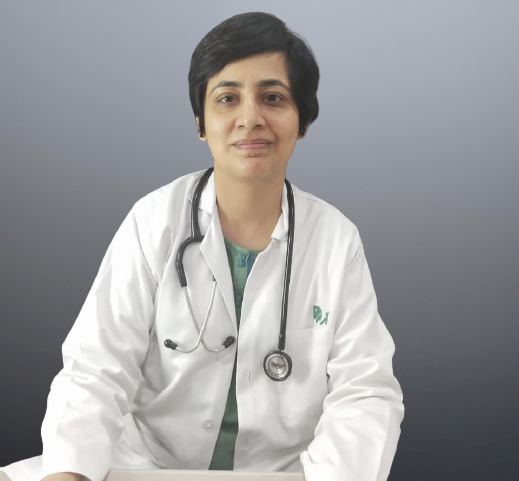


 Call Now
Call Now